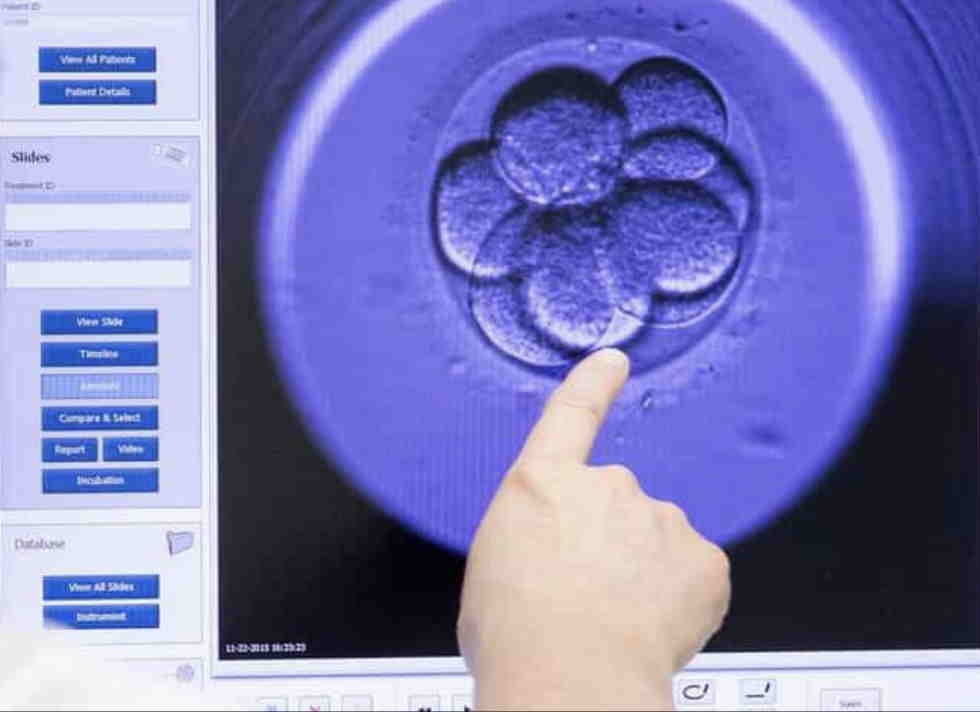IVF used by some to avoid passing on genetic diseases to offspring
By Jamie Talan,
The Washington Post
| 12. 04. 2021
By Fotograf Kallestad, Gorm / NTB Scanpix. CC BY NC 4.0
In vitro fertilization (IVF), widely known as a way to help infertile couples have babies, has taken on another remarkable use: It has become part of a procedure to help families keep from passing on serious genetic diseases to their children.
Parents who know they carry genetic mutations for muscular dystrophy, cystic fibrosis, sickle cell anemia, breast cancer, Huntington’s disease, Alzheimer’s and other inherited diseases can undergo IVF, where the mother’s eggs are collected and combined with sperm in a dish, and another procedure called preimplantation genetic testing (PGT), in which embryos are screened for the particular mutation and only disease-free embryos can be implanted in the mother.
“I don’t know why more people don’t embrace these technologies,” said Greg McGuire, 38, of Fishers, Ind., who was diagnosed with Becker muscular dystrophywhen he was 8 years old, one of several family members with the inherited genetic mutation. Because it is passed down from mother to son — and his mother only had sisters — no one in the...
Related Articles
By Scott Solomon, The MIT Press Reader | 02.12.2026
Chris Mason is a man in a hurry.
“Sometimes walking from the subway to the lab takes too long, so I’ll start running,” he told me over breakfast at a bistro near his home in Brooklyn on a crisp...
By Diaa Hadid and Shweta Desai, NPR | 01.29.2026
MUMBRA, India — The afternoon sun shines on the woman in a commuter-town café, highlighting her almond-shaped eyes and pale skin, a look often sought after by couples who need an egg to have a baby.
"I have good eggs,"...
By George Janes, BioNews | 01.12.2026
A heart attack patient has become the first person to be treated in a clinical trial of an experimental gene therapy, which aims to strengthen blood vessels after coronary bypass surgery.
Coronary artery bypass surgery is performed to treat...
By Staff, ScienceDaily | 01.05.2026
Scientists at UNSW Sydney have developed a new form of CRISPR technology that could make gene therapy safer while also resolving a decades-long debate about how genes are switched off. The research shows that small chemical markers attached to DNA
...




